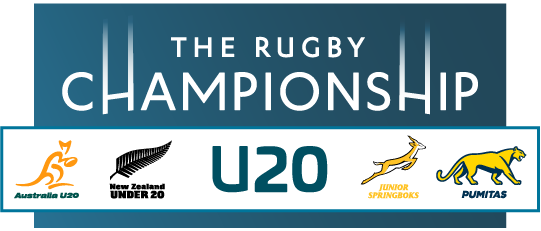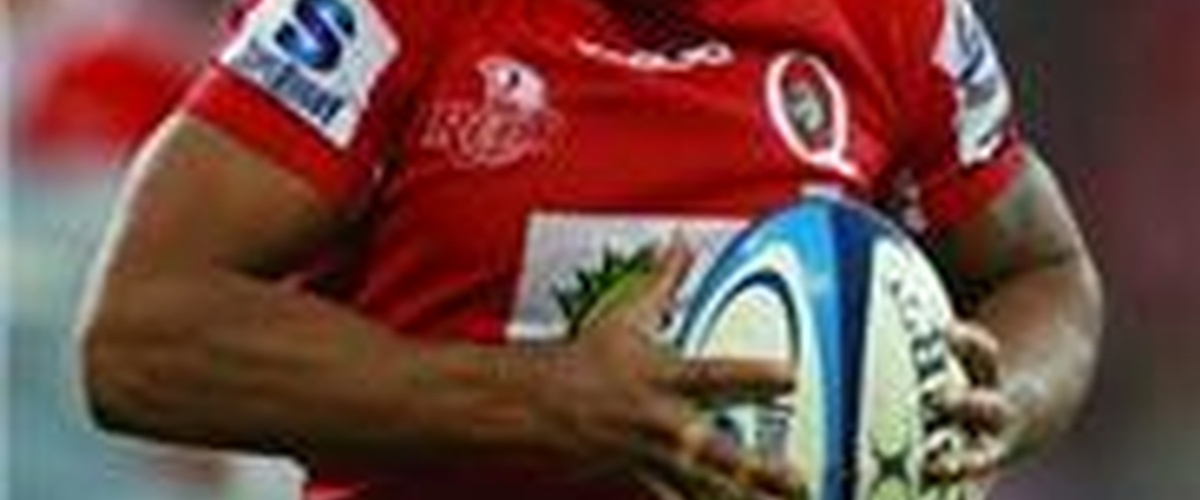Less than five off-side offences at the ruck per game will be the benchmark for SANZAR and Game Manager Lyndon Bray, with referees instructed to carefully police the offside line to prevent defenders from creeping up behind the last feet.
This is one of the ‘Big 5’ priorities that Bray confirmed will be enforced throughout the Super Rugby season, an exciting 2012 where there will also be further changes to the reporting of transgressions on the field, with SANZAR announcing new judicial trials for this season as well.
The offside rule is crucial at the ruck, for if it is not carefully policed, attacking play off the fringes is all but impossible, while the service of the scrumhalf is compromised which can stifle the ability of the offensive team to play.
The latter of the law states:
16.5 OFFSIDE AT THE RUCK
(a) The offside line. There are two offside lines parallel to the goal lines, one for each team. Each offside line runs through the hindmost foot of the hindmost player in the ruck. If the hindmost foot of the hindmost player is on or behind the goal line, the offside line for the defending team is the goal line.
(b) Players must either join a ruck, or retire behind the offside line immediately. If a player loiters at the side of a ruck, the player is offside.
(c) Players joining or rejoining the ruck. A player joining a ruck must do so from behind the foot of the hindmost team-mate in the ruck. A player may join alongside this hindmost player. If a player joins the ruck from the opponents’ side, or in front of the hindmost team-mate, the player is offside. A player may bind onto an opposition player providing the player is not otherwise offside.
(d) Players not joining the ruck. If a player is in front of the offside line and does not join the ruck, the player must retire behind the offside line at once. If a player who is behind the offside line oversteps it and does not join the ruck the player is offside.
The stricter officiating of this law will allow ambitious scrumhalves to run riot, with Super Rugby full of number nines whose tendency to run off the base of the ruck makes for numerous attacking opportunities.
Sarel Pretorius, transferred to the Waratahs from the Cheetahs this season, was joint equal try scorer during the 2011 Super Rugby season, and this was due to his willingness to take on tired defenders around the edges of the ruck.
New Zealand scrumhalves are taught while still in the crib that running as a ‘ninth forward’ is a crucial part of their game, and the likes of Jimmy Cowan, Piri Weepu, Brendan Leonard and Andy Ellis encapsulate this style of play.
While in Australia, Super Rugby winning scrumhalf Will Genia rules, and coach Ewen McKenzie said at the launch of the season in Australia last week that the tighter rules at the ruck would benefit the champions.
“They (SANZAR) want to minimise scrum resets and they are going to make the first defender stay behind the last feet,” McKenzie said.
“If they do that, it will give enormous scope for running halfbacks. That's going to help us. It's not going to hinder us.”
Genia, despite a quiet World Cup by his lofty standards, is rated in many quarters as the premier number nine in the game.
His breaks off the ruck have hurt opposition teams with close and long range snipes, scoring the match winning try against the Crusaders in last season’s Super Rugby Final, while he crashed over the line against Wales to score the try that gave the Wallabies breathing space to claim the World Cup bronze medal.
"Every team in the world tries to shut down Will Genia,” McKenzie said.
“If you allow the defensive line to creep at ruck time, the nine doesn't get as much chance to run.”
"We didn't ask for that. They (SANZAR) decided that. It will be good for the game. If you want to see an attractive game, you need to allow play from the ruck. If you allow one ruck just to turn into another ruck, it's just a mess.
"If you want the crowds to turn up, you've got to be able to see the ball move and people have the confidence to play.
"Theoretically, we should be able to get a result out of that, but so will (Sarel) Pretorius for the Waratahs. Anyone who has a running halfback should get a result out of that."





